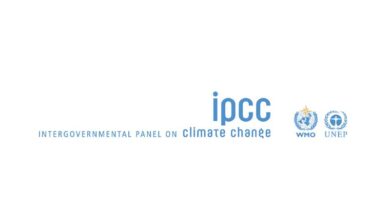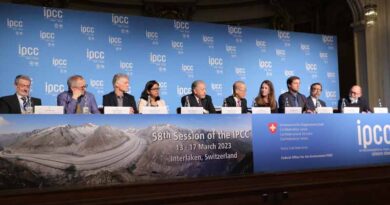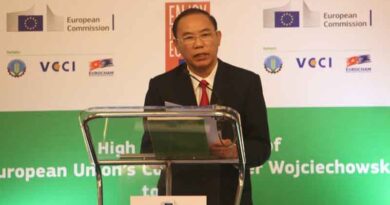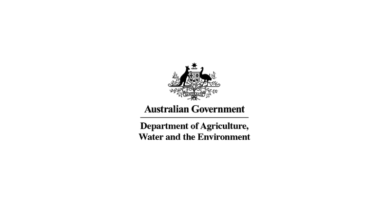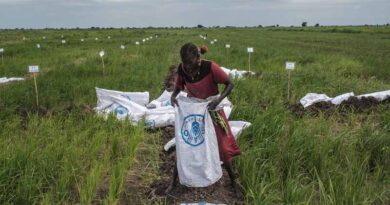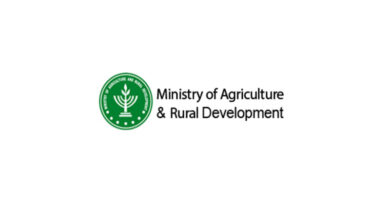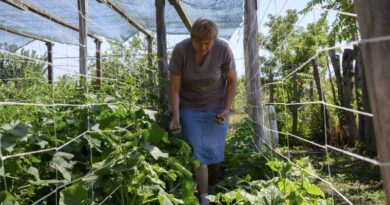Hutton researchers committed to tackling the climate crisis
26 August 2021, UK: Researchers at the James Hutton Institute have responded to the latest international report on climate change by emphasising their continued determination to address the greatest challenge humanity has ever faced.
The Sixth Assessment Report on Climate Change published by the Intergovernmental Panel on Climate Change (IPCC) delivered the starkest warning yet about the impacts of climate warming on our planet and the consequences of underdelivering on international greenhouse gas (GHG) emissions targets. It stresses the urgency and opportunity for action to prevent the worst impacts of climate change.
The report summarises more strongly than ever the evidence for unprecedented recent changes in the Earth’s climate system and water cycle and states that human activities are responsible for warming the planet. Human-induced climate change is increasing the frequency of extreme weather events such as heatwaves, droughts, heavy rainfall, and storms. The report makes clear the current substantial risks of exceeding the Paris Agreement limit of a 1.5°C global temperature increase in the next twenty years and what this might mean in terms of worsening impacts.
The changing climate affects the health and function of our natural environment with consequences felt by everyone in society, whether due to the extreme events of flooding or heatwaves, and effects on crop failure, compromised water supply, biodiversity loss and environmental degradation.
The Institute’s Chief Executive, Professor Colin Campbell, said: “The new report means there are no more excuses for not acting but people need to know what the best and most effective actions are to undertake. Researchers at the James Hutton Institute have the scientific expertise needed to help understand how to mitigate the impacts of climate change on the environment and support land managers and society to adapt to future conditions.
“We are acutely aware of the urgency of the situation and are therefore adopting new approaches to our work. Increasingly we are testing bigger landscape interventions in our research. For example, we are transforming the land use and management of our whole farm at Glensaugh using a climate-positive approach. This means everything we do on the farm is aimed at conserving carbon, reducing GHG, promoting biodiversity and adapting the farm to cope with the inevitable changes that are ahead of us. It’s a bit like running an Olympic team: every detail matters.
“Our new five-year corporate plan commits us to tackle these problems and aims to ensure we take every opportunity to do things better. A new more sustainable and fairer world is entirely within our reach.
“For example, in verifying how much GHG is emitted from land we can give both land managers and investors’ confidence to adopt new nature-based solutions to the climate crisis and reduce the risk of not knowing what will happen in the long term. We are developing new ways of resting, restoring, and regenerating land and new ways of producing food.
“We plan to build a facility to measure the GHG emissions, develop a national verification and validation reporting system for both GHG emissions and soil carbon, publish maps and develop new apps that show how much carbon can be sequestered by restoring woodland and biodiversity and changing farming practices. This will provide land managers with the knowledge of where they should focus and what approaches to take.”
Other commitments within the Institute’s corporate plan are to:
- Identify new ways of growing food in vertical indoor farms and use the same towers to deliver ‘super fit’ planting material for field-grown crops.
- Discover new biologically based methods to protect crops from disease and help them be more resilient to future climates
- Develop new varieties of crops that are more resilient to the ever-changing weather patterns in the future
- Develop and test nature-based solutions for flood management
- Understand how to restore degraded peatlands as well as the benefits from restoration, providing evidence to fine-tune peatland restoration efforts to support the net zero target.
- Highlight new ways society can cooperate and help deliver sustainable solutions to increase health and wellbeing
- Support resilient local communities including off grid energy systems especially for remote rural and disadvantaged communities
- Practice open science so that everyone can see what we are doing and can contribute.
- Continue to train the next generation of scientists so that change for the better is always informed by scientific insight
- Ensure our own activities meet ambitious net-zero targets that take account of the science-based targets in the Paris treaty and the need for international equity
In November this year the UK has a unique opportunity to facilitate and lead on global action towards climate change goals when it hosts the United Nations’ 26th Climate Change Conference of the Parties (COP26) in Glasgow, where the Institute will take part in a wide range of activities.
The Institute’s role in initiatives at COP26 include hosting workshops for policymakers such as ‘Navigating the Science Policy Interface’, ‘Just Transitions, for whom?’, ‘The Road to Net Zero’ the ‘Encampment of Eternal Hope’ and being a part of a Scotland-wide project to light ‘Creative Carbon Beacons’ across the country. In addition, Hutton scientists will be there to contribute to panel debates and workshops and showcase a range of online resources such as ‘Talking Heads, the Scottish Government Centres of Expertise and Climate Change’, ‘From Chair to Climate Solutions, a virtual tour’, ‘Gate to Gut, a sustainable food story’ and ‘Waterwall in motion’. The Institute, together with the Macaulay Development Trust, will also host the TB Macaulay Lecture on 2nd November with Christiana Figueres, former Executive Secretary of the UNFCCC and widely credited with achieving the Paris Agreement. The event aims to lead an optimistic approach to facing the climate challenge, with panel guests debating the highlighted issues of the week at COP26.


